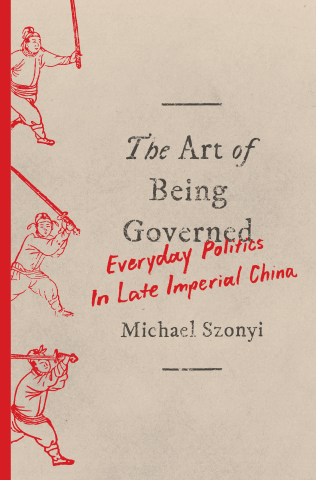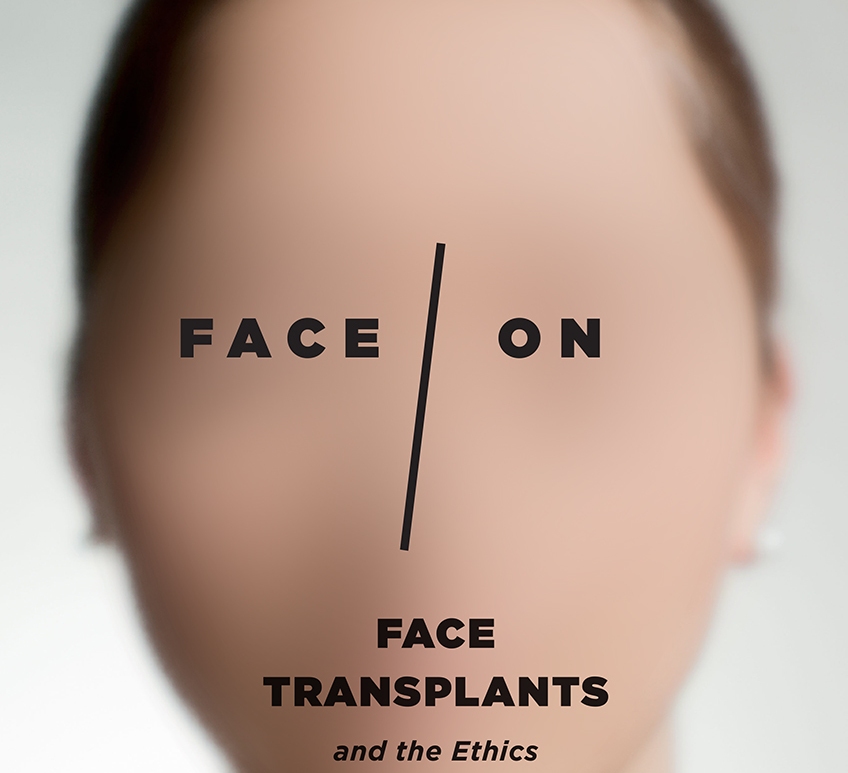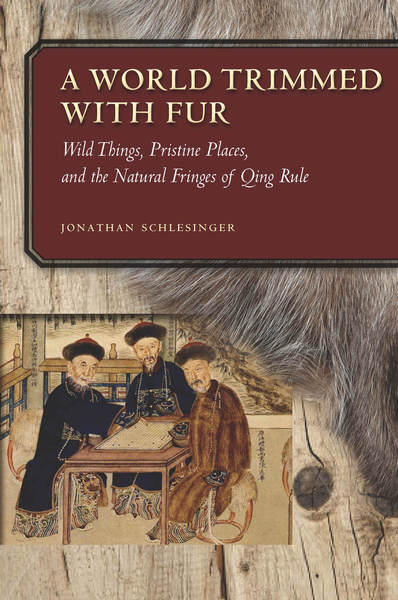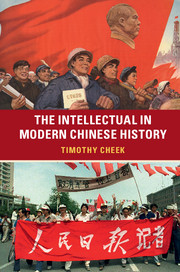
Translating Vitalities: A Website
New website ahoy! Translating Vitalities is a collective of artists, anthropologists, medical and healing practitioners, historians, and other humanists and non-humanists who regularly come together in the service of making collaborative work to understand lifeworlds and their translations and transformations. We now have a website that will archive and share work that grows from the project, and you can find us here: https://translatingvitalities.com/. Continue reading Translating Vitalities: A Website








